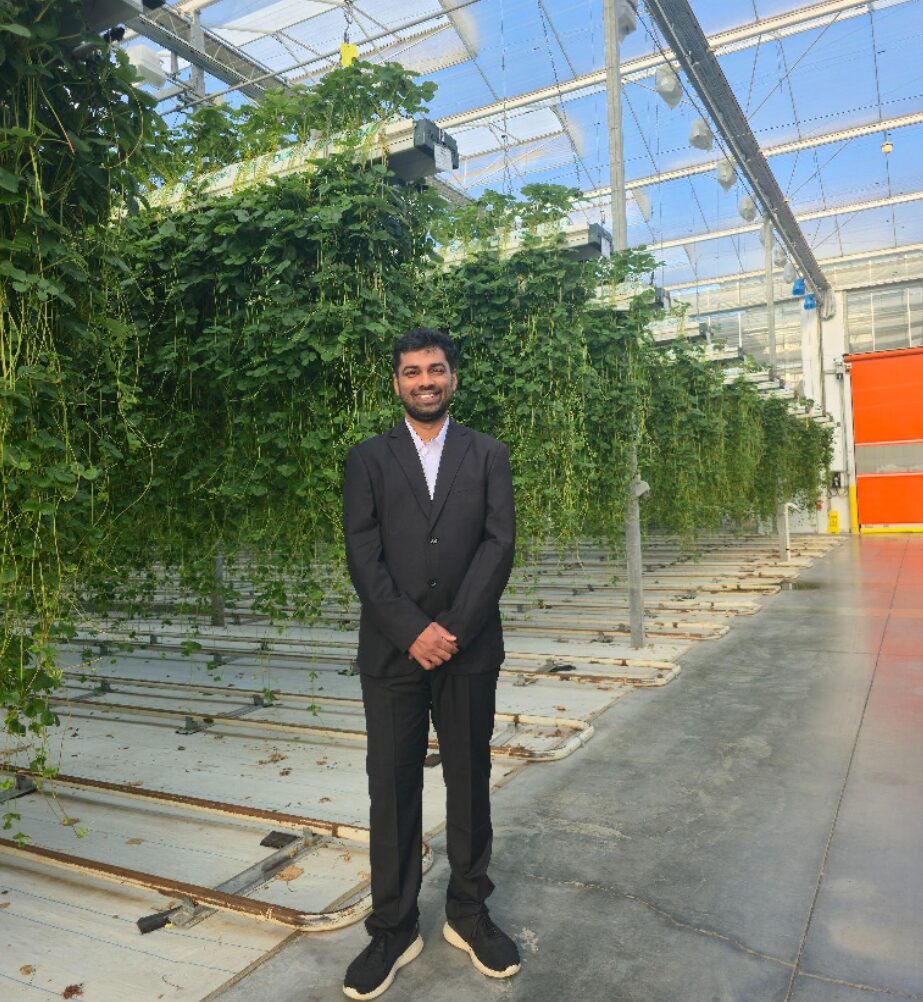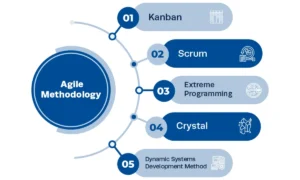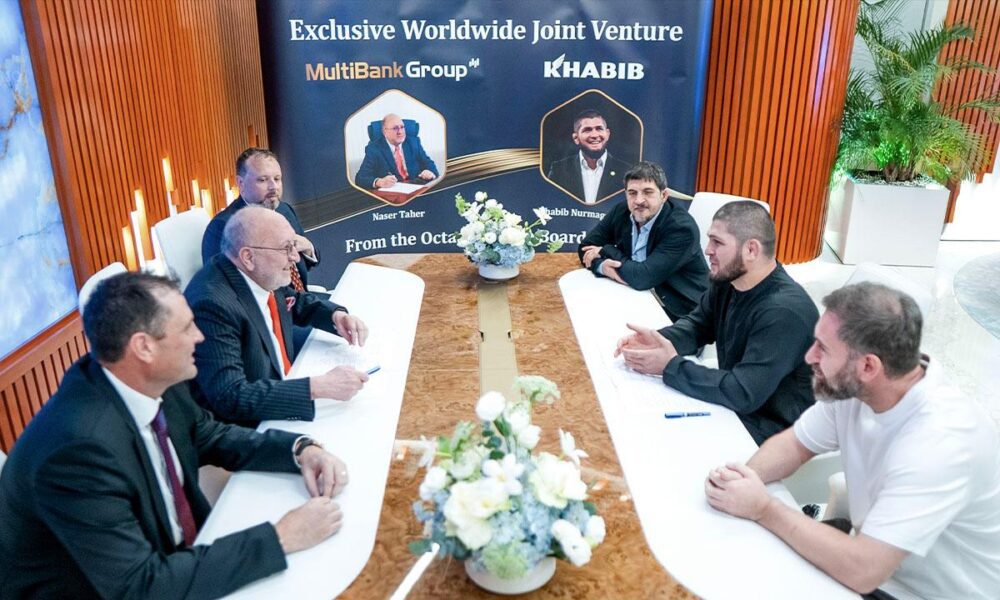In times of advanced technologies, constant innovation, and, as a result, accelerated consumerism, certain techniques and concepts—while embracing these advancements—strive to ensure that such evolution does not overlook other important aspects for society as a whole, such as sustainability. One of the key principles in this regard is the fight against the waste of resources that could harm and compromise future generations.
Amid this pursuit, a very specific relationship has emerged in the context of agricultural production worldwide. In certain regions, the essential use of greenhouses has begun to incorporate retrofit methods, thereby boosting sustainable practices in this stage of strategic planning for the production of crops that are highly dependent on greenhouses for the success of their plans and harvests.
For those less familiar with developments in the field, retrofit techniques gained momentum in recent decades, first in the United States and Europe. Essentially, the backdrop was the context of urban construction. In short, these techniques focus on the reuse of materials necessary for projects that designers, suppliers, and users had previously considered compromised and suitable for disposal—sometimes prematurely.
Due to the cost savings and the awareness generated, over time these methods expanded beyond architecture and urban engineering to reach other productive sectors, such as agriculture. Essential by its very nature as the source of food supply for all of humanity, agriculture also began adopting various sustainable practices—albeit to varying degrees depending on the location, culture, and public policy incentives in place.
It is in this context that one of the professional skills of Indian Operations and Project Manager Rohit Ravi Teja Nagari was developed. With nearly a decade of accumulated experience in the field, and currently contributing to U.S. agricultural production, he has applied retrofit techniques in greenhouse operations. The importance of agricultural greenhouses, in fact, has been highlighted in other publications featuring his expertise.
“The history of agricultural greenhouses dates back thousands of years according to some historians, while others trace it to more recent centuries—at least for models resembling current designs—when industrial and urban transformation began to impact rural areas as well. Regardless, greenhouses provide crucial support for many productive crops when they face adverse factors in certain locations, such as climate, soil, and geography.”
Sustainability on the Rise
Sustainability has gained strength in the organizational sphere in recent years. This momentum is visible not only in speeches but also in the strategic planning of private-sector organizations and public-sector institutions. Even in countries considered developing, legislation has advanced to benefit market players committed to environmental stewardship and protecting future generations.
Over time, this concern, awareness, and action have reached the agricultural production sector worldwide. According to data from 2024, one of the world’s largest fertilizer producers allocated approximately USD 1.5 billion to initiatives linked to sustainable production—a goal that is also part of the operations and projects led by Rohit Ravi Teja Nagari.
“At the heart of this concern is the main premise: to supply and even meet the needs of current generations and today’s economy without neglecting the potential needs of future generations. This is about pursuing a balance that cannot be ignored. That’s why all possible efforts and mechanisms must be implemented by public policies, organizations, and our own agricultural production work. This pursuit and dedication must be ongoing.”
Extensive Track Record
Rohit Ravi Teja Nagari is an Operations and Project Manager with over seven years of diversified experience in greenhouse construction, agricultural production, mechanical engineering, and high-efficiency packing house operations. A leader in infrastructure development and supply chain execution, he has supervised multimillion-dollar projects, managed budgets exceeding USD 10 million, and led teams of more than 75 employees.
Currently serving as Operations and Project Manager at Nourse Farms, LLC in North Carolina, he led the planning and delivery of two major greenhouse projects totaling 1.24 million sq. ft. He played a key role in integrating advanced technologies such as Haygrove’s patented ventilation tunnels and GEGE Machinebouw’s elevated tray systems, which significantly increased agricultural productivity, improved working conditions, and reduced costs. His expertise spans the full project lifecycle—from excavation and HVAC systems to automation integration and implementation of Standard Operating Procedures (SOPs)—with a consistent record of on-time, on-budget delivery.
“These achievements not only enhance productivity and compliance but also support U.S. goals for sustainable agriculture, food security, and economic competitiveness. With continued support, I believe my work can keep benefiting national food systems, infrastructure resilience, and workforce development.”
Previously, at Cervini Farms North Carolina Inc., he managed all production and packaging of over 180,000 pounds of fresh vegetables per week, including tomatoes and cucumbers. His strategic leadership resulted in a 25% production increase, USD 500,000 in annual savings, and a 98% fulfillment rate for major retail chains such as Walmart, Costco, and Target. He also played a key role in securing the prestigious Gold Star Standard certification from the North Carolina Department of Labor for new farm housing facilities.
Rohit began his career as an Engineering Team Leader at Trinity Tech USA, working with major automakers such as Ford, GMC, and Chrysler. There, he improved manufacturing efficiency by 20% and helped the company achieve ISO 9000 certification. He holds a Master’s degree in Mechanical Engineering from California State University, Long Beach, and a Bachelor’s degree from Bapatla Engineering College in India.
In addition, he is Lean Six Sigma certified (Yellow Belt) and fluent in five languages—English, Spanish, Hindi, Telugu, and Kannada—making him a versatile leader in multicultural and cross-functional environments. With a career built on precision engineering and strategic operations, Rohit Nagari continues to advance excellence in agricultural innovation, infrastructure management, and supply chain optimization.
“My technical background, including a Master’s in Mechanical Engineering from California State University, Long Beach, and my experience across diverse sectors allow me to integrate engineering precision into agricultural operations—an area of growing national interest in food security and sustainable production.”
Building on this pursuit of sustainability, experts emphasize the difference between retrofit and a simple renovation or even reconstruction. In addition to prioritizing revitalization, retrofit emphasizes the use of environmentally friendly materials. For example, the use of non-harmful plastics in refurbishing structural components responsible for thermal and solar control in equipment.
Beyond their environmental benefits, these materials typically result in greater cost savings due to their longer durability. The adoption of such techniques, therefore, paves the way for greater efficiency and resource optimization—topics that are also part of the extensive skill set developed by this project management professional.



































